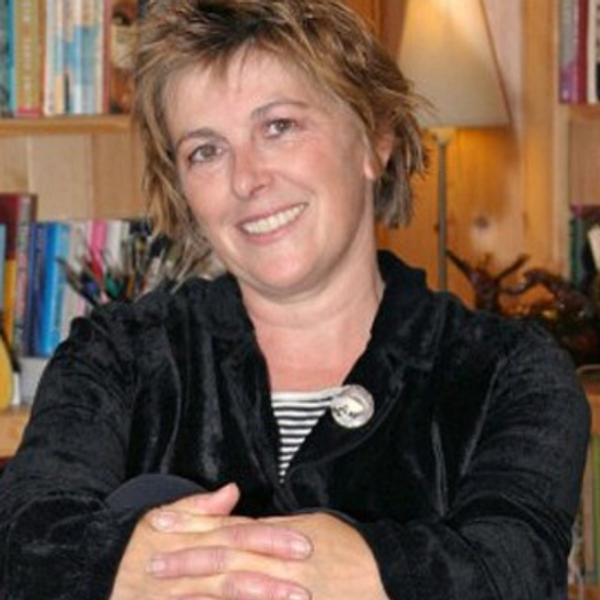Two years after graduating high school, Sara Borjas was getting bitter working at a Denny's. So, she and her girlfriends signed a contract on the back of receipt paper stating that by next year they would all go to college. And they all did.
"That's how I started going to college, just because I made a contract with my homies at Denny's basically," she said as she added a laugh at the end.
Now, Borjas is a lecturer in the Creative Writing department at UC Riverside (UCR). When asked about her work, one of the first things that Borjas described herself as was a poet.
"I am a poet. I am a lecturer at UC Riverisde. I am a contract based instructor. I'm like a working artist, teaching artist," she said.
Walking into Borjas' office, you can see the student projects from her spring course lined on the right side of the office, surrounding a file cabinet.
"When I was younger, I always had a plan, I'm going to graduate. I am going to get a master's or a doctor's and get married and have kids and live in Fresno. And then I realized that life doesn't work that way. You think you have control, but you don't have much control at all. But you can be there and make a choice," Borjas said.
In fact, there were many events that led to Borjas becoming a poet.
Borjas started to appreciate language after taking an English class taught by John Moses, a playwright, at Fresno City College. She then took a Latino/Chicano Studies class taught by a teacher who was half-white half-Mexican and a supporter of "La Raza."
"I knew I was Mexican, but I felt like I was supposed to be white. I have never embraced any type of identity. Taking that class and then taking writing helped me find out who I was," she said.
During Borjas' time working at Denny's, there were many Spanish-speakers who didn't speak English, but Borjas wasn't a Spanish-speaker herself. As a result, their orders came out wrong.
"So, I was imagining what if this person tries to go to a bank and need help getting a loan or what if this person has to go to a doctor? What if they are involved in some type of lawsuit? How are they going to navigate that if they don't have the power of language?" she said.
Borjas then thought that she would teach English, or major in English and Political Science at the same time. Then, go to law school to help and represent Mexican-Americans. But then she took another class in the English department, a Chicano Poetics class with Alex Espinoza, a UCR graduate and mentee of Susan Straight.
"It was the first time I saw people like me in literature, and I was like 21 years old," she said.
But she did not receive validation about becoming a writer until she took a poetry class taught by Juan Luis Guzmán.
"[He] is just my homeboy now," she said.
Borjas decided to just major in English but with law school still in mind. However, a year after graduated Fresno City College, she researched MFA programs and got accepted into UCR's MFA program.
"Everything was little choices here and there, I'll just do this and see what happens," Borjas said about her path to becoming a lecturer at UCR and a poet.
Borjas' inside advice to writers was to make friends.
"The best thing you can do is make friends. Because all these people that you are in school with, they are apart of other organizations. They have other friends that you don't know. Their friends work at presses or journals or other universities. And just be generous with them and your time. People want to work with other people that are giving and have good spirits. Being involved as much as you can, letting the professors know you are there and involved, making sure that if you have a reading or open mic to invite them. And just being really nice and really caring because that's all we have as writers. There is no financial gains attached to the job. Culturally, there is no value. We have to make our own value and see each other. Keeping that as a priority has definitely benefiting me," she said.
Even though she has a website with her poetry, Borjas' still continues to work on her artistry.
"I try to be disciplined about writing. It's hard, sometimes you go through spurts. Some months I'll be writing every day and then I won't write for some months at all. I write, send my work out. I work with others in small community workshops. I do attend conferences when I can and workshops," she said.
As cliche as it may sound, patience is key for people working in the arts.
"In arts, you have to be able to do the work for nothing and when people see that you are down, things will come your way," she said.





















